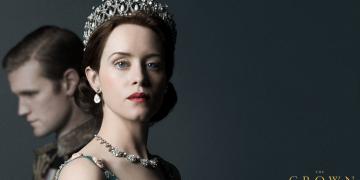
© Netflix Update
The Crown has become one of the most popular shows on Netflix and it has been praised for its accuracy. The show balances between historical accuracy and fictional elements. This article analyzes the balance the show strikes as a docudrama.